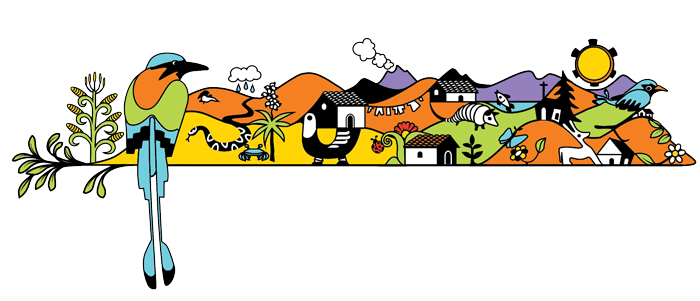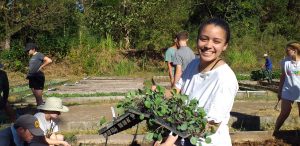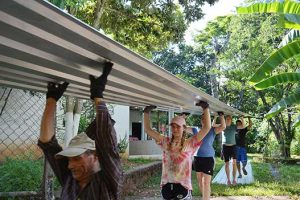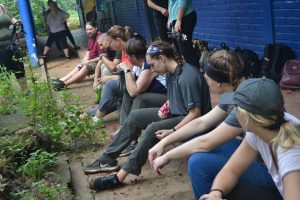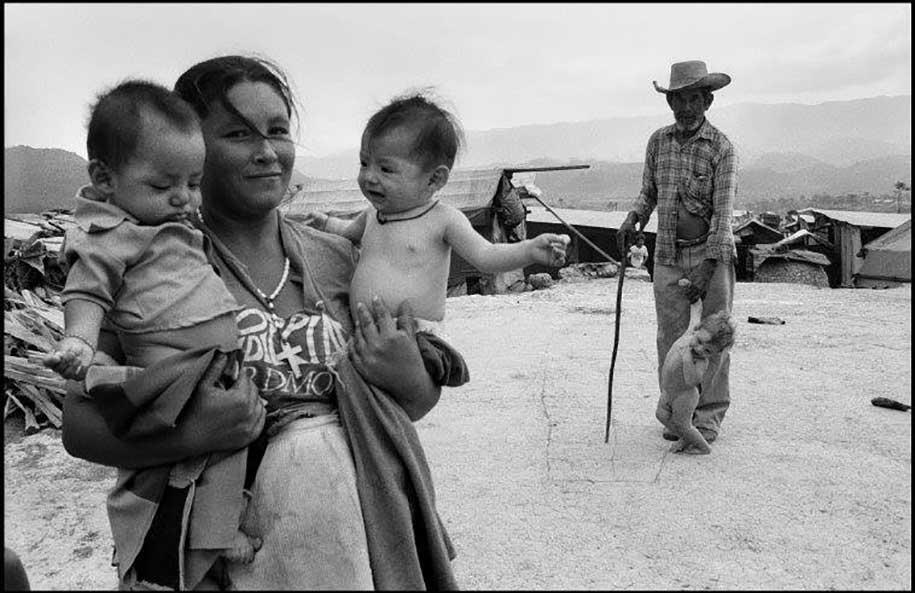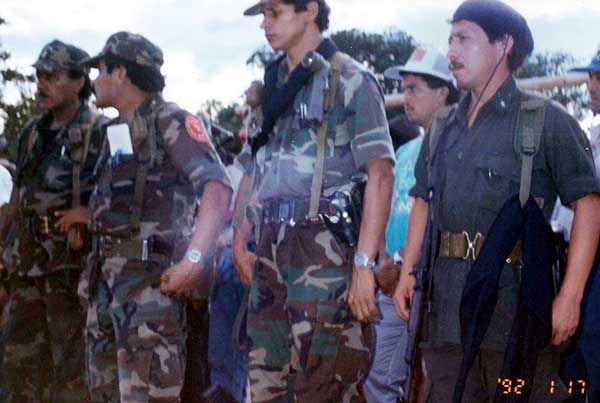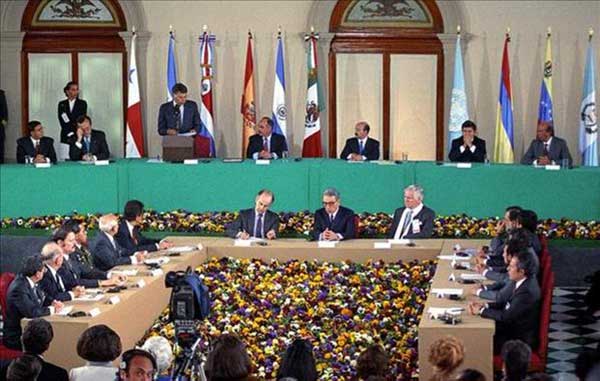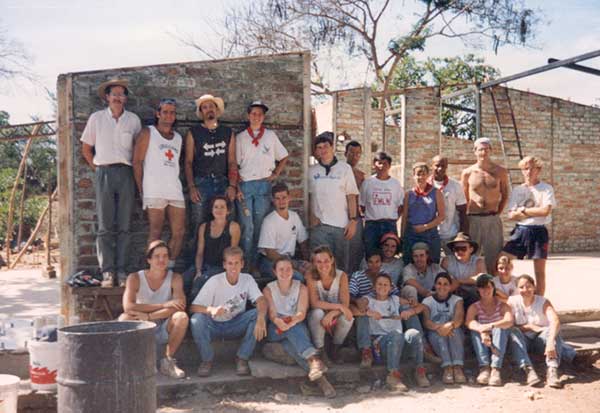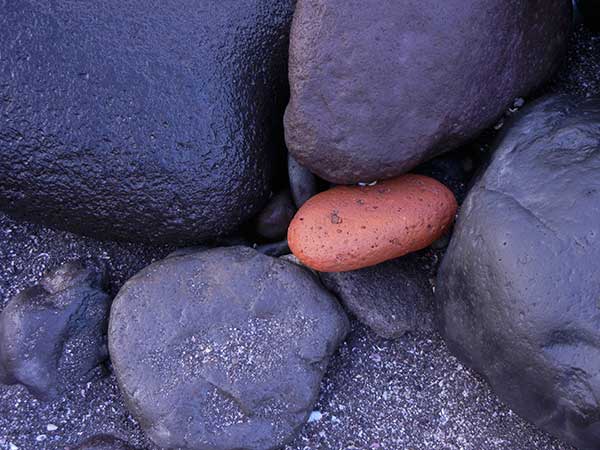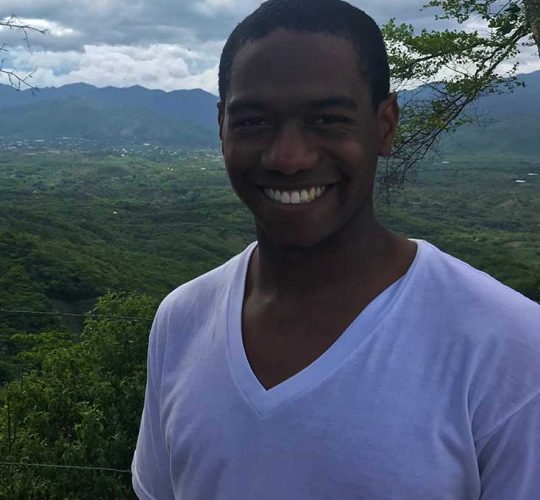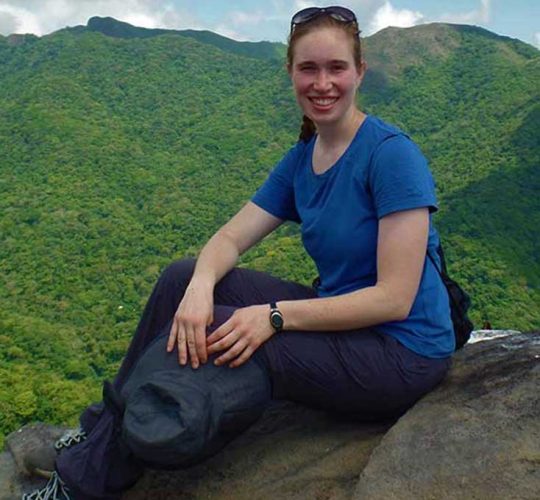The United States and Central America Are Deeply Linked
Millions of Central Americans live in the United States. They are neighbors, co-workers and fellow students. Central Americans living in the United States send billions of dollars home to their loved ones each year. El Salvador and the US actually share the same currency. All of this creates a unique and symbiotic relationship between the US and Central America. What happens in Central America impacts the United States and vice versa.
The History of US Interference in Central America
During the 1980s the US government directly intervened in El Salvador’s internal affairs and financially and militarily supported the right wing military dictatorship that was brutally and systematically killing and disappearing people by the thousands. In Nicaragua, the United States actually occupied the country in the 1920’s. In the 1980’s, the US supported the terrorist attacks of the Contra rebels in Niacaragua. To a lesser extent, the United States has interfered in the politics of every Central American nation, often giving tacit support to oppressive dictatorships.
These dictatorships often killed thousands of innocent civilians. CoCoDA was created in direct response to the humanitarian crisis created by the civil war in El Salvador. Sadly, there are few places in the world where US citizens bear as much responsibility for death and misery. In going to Central America, you assist the children and grandchildren of those we once helped oppress.
Organization
One of the indirect consequences of oppression is often grassroots organization. To this day, El Salvador and Nicaragua have some of the best grassroots organizations in the world. The Central American people are organized, creative and determined. They are not looking for charity. They are looking for real partners, people interested in building relationships as well as projects. When authentically engaged, they have much to teach those who visit from North America.
Closer And Less Expensive To Visit
While there are certainly places in the world with greater need, Central America offers many opportunities for US citizens to make a tangible and sustainable difference in the quality of life for those who’ve only lacked necessary resources. Six hours by air from most of the mainland United States, Central America offers an easily accessible cross cultural experience. Money spent on travel to other places can be invested in people and projects.
This world is full of many wonderful lands with varied opportunities to learn, grow, work and reflect.Every international trip expands your minds and alters your worldview.There are countless places you can make a difference in the lives of people and communities.
Why choose El Salvador or Nicaragua for international travel?
2020 Delegations
In 2020, CoCoDA will be facilitating delegations from the following organizations:
- Centre College
- Indiana University School of Medicine
- Rotary International
- College of Wooster
Why not join them?



